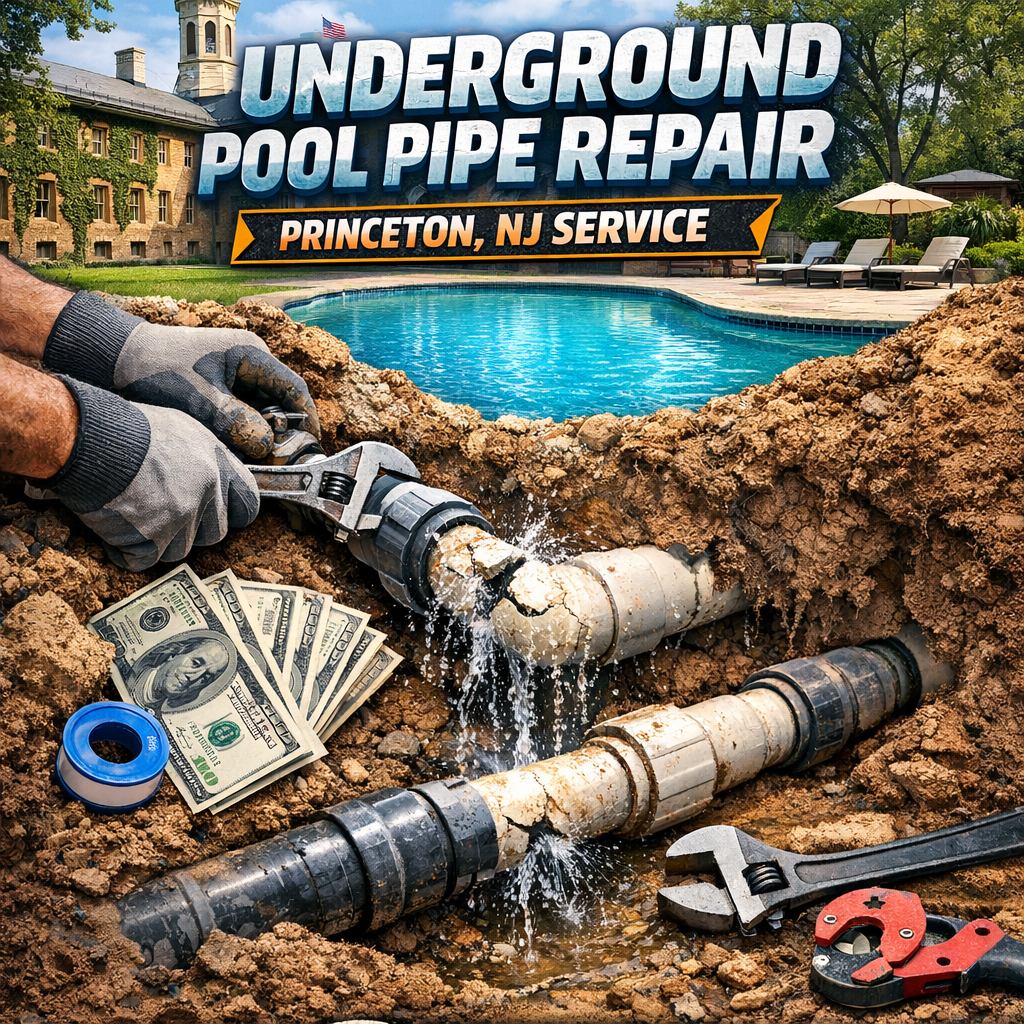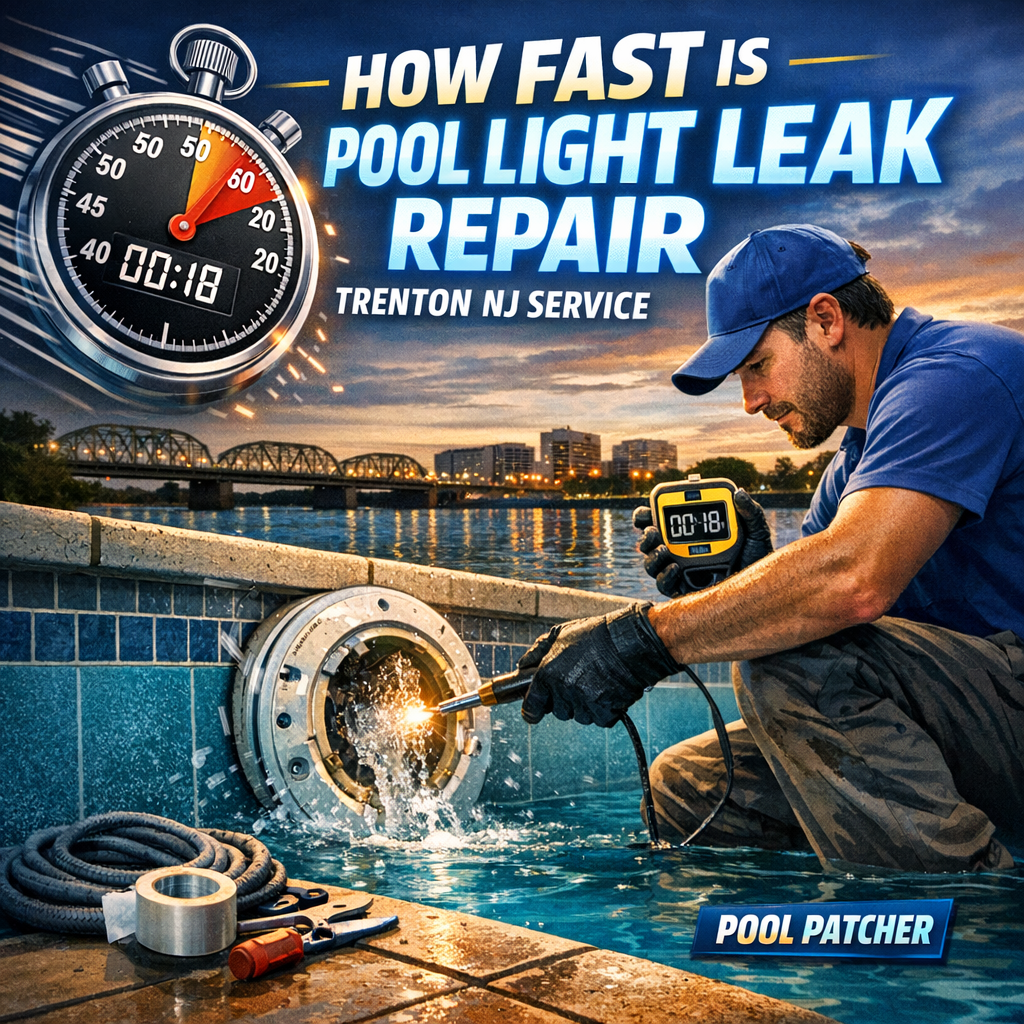Lakewood pools are a popular feature for many homeowners, providing a space for relaxation and recreation. However, during winter months, these pools often experience damage, notably cracking, due to the repeated cycles of freezing and thawing. Understanding the reasons behind this phenomenon is essential for pool owners to safeguard their investments and maintain the longevity of their pools. This article explores the impact of freeze-thaw cycles on pool structures, common causes of cracking during winter, and effective preventative measures to mitigate damage.
Understanding the Impact of Freeze-Thaw Cycles on Pool Structures
Freeze-thaw cycles pose a significant threat to the integrity of pool structures, especially in regions with harsh winters. When temperatures drop, the water left in the pool’s cracks, crevices, or porous surfaces freezes and expands, exerting pressure on the surrounding material. As temperatures rise, the ice melts, leaving behind gaps and weakening the structural bonds. Repeated cycles of freezing and thawing cause the materials—such as concrete, plaster, or gunite—to experience stress, leading to microfractures that can grow over time into larger cracks. This ongoing process gradually compromises the pool’s structural integrity, resulting in visible cracks, leaks, and in some cases, complete failure of certain components. The cyclical nature of freezing and thawing makes it particularly insidious, as damage accumulates subtly but progressively during each winter season.
Common Causes of Cracking in Lakewood Pools During Winter Months
Cracking in Lakewood pools during winter often results from a combination of environmental and structural factors. One primary cause is inadequate winterization, where water is not properly removed or protected before freezing temperatures set in. When water remains in the pool or its plumbing system, it can freeze and expand, exerting pressure on the pool shell and pipes. Additionally, poor drainage around the pool area can lead to water pooling and infiltrating cracks or porous surfaces, further exacerbating freeze-thaw damage. Structural issues, such as existing microcracks or weak spots in the pool’s surface, also serve as entry points for water infiltration, making them more susceptible to expansion during freezing conditions. Moreover, improper insulation or failure to cover the pool adequately during winter allows cold air and moisture to directly contact vulnerable surfaces, accelerating the formation of cracks.
Preventative Measures to Protect Your Pool from Freeze-Thaw Damage
To protect Lakewood pools from the damaging effects of freeze-thaw cycles, proactive winterization and maintenance are essential. Draining the pool water to a safe level, typically below the skimmer and returns, minimizes the amount of water available to freeze and expand within the structure. Using high-quality pool covers designed for winter conditions provides a barrier against moisture and reduces exposure to cold air, preventing direct contact with freezing temperatures. Insulating pipes and vulnerable surfaces with foam or specialized covers helps prevent ice formation in critical areas. Additionally, sealing any existing cracks and maintaining proper drainage around the pool can reduce water infiltration and stress on the structure. Regular inspections before winter set in and timely repairs ensure that the pool’s surface remains resilient against the stresses imposed by seasonal temperature fluctuations, ultimately extending the life and safety of the pool.
Understanding the effects of freeze-thaw cycles and implementing appropriate preventative measures can significantly reduce the risk of cracking in Lakewood pools during winter. With proper care and maintenance, pool owners can preserve the structural integrity of their pools, ensuring they remain safe, functional, and enjoyable for years to come.






